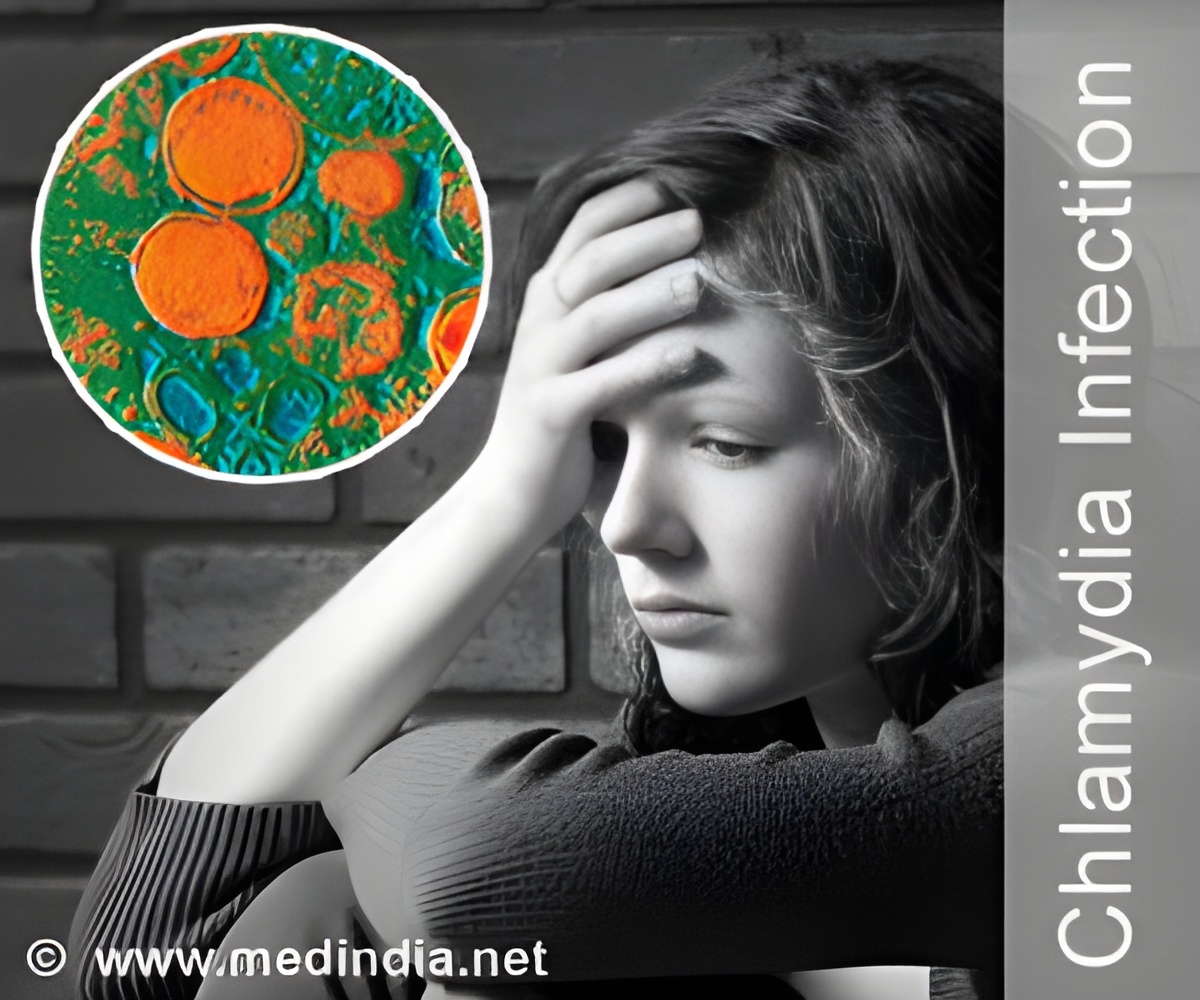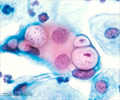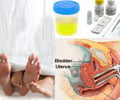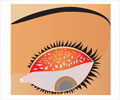The new treatment for chlamydia infections involves a type of gene therapy that is delivered via nanoparticles , which showed a success rate of 60 percent in curbing the infection.

TOP INSIGHT
This significant breakthrough research could help reduce the public health impacts of chlamydial infections that cause infertility and other reproductive issues.
The new treatment created in Ho’s lab targets Chlamydia infection by preventing the majority of bacteria from entering cells in the genital tract and destroying any bacteria that is able to penetrate a cell wall. The team was able to achieve this by using a small interfering ribonucleic acid (siRNA) to target a specific gene called PDGFR-beta in the female reproductive tract, which creates a protein that binds to Chlamydia bacteria.
"By targeting PDGFR-beta we’re able to stop the creation of the protein that Chlamydia will use to enter genital tract skin cells," said Ho. "As a result, an incoming infection has fewer targets to latch onto and infection is less likely to occur."
If Chlamydia bacteria can bind to cells and enter them the nanomedicine treatment is designed to activate autophagy, a cellular process where infected skin cells are able to form a bubble around that bacteria and destroy it.
On its own, siRNA cannot enter skin cells to reduce PDGFR-beta expression and prevent Chlamydia binding. The new gene therapy uses a unique nanoparticle that enables siRNA to enter the cells, reduce Chlamydia’s ability to bind and destroy invasive bacteria and prevent the disease from spreading.
Source-Eurekalert
 MEDINDIA
MEDINDIA




 Email
Email





